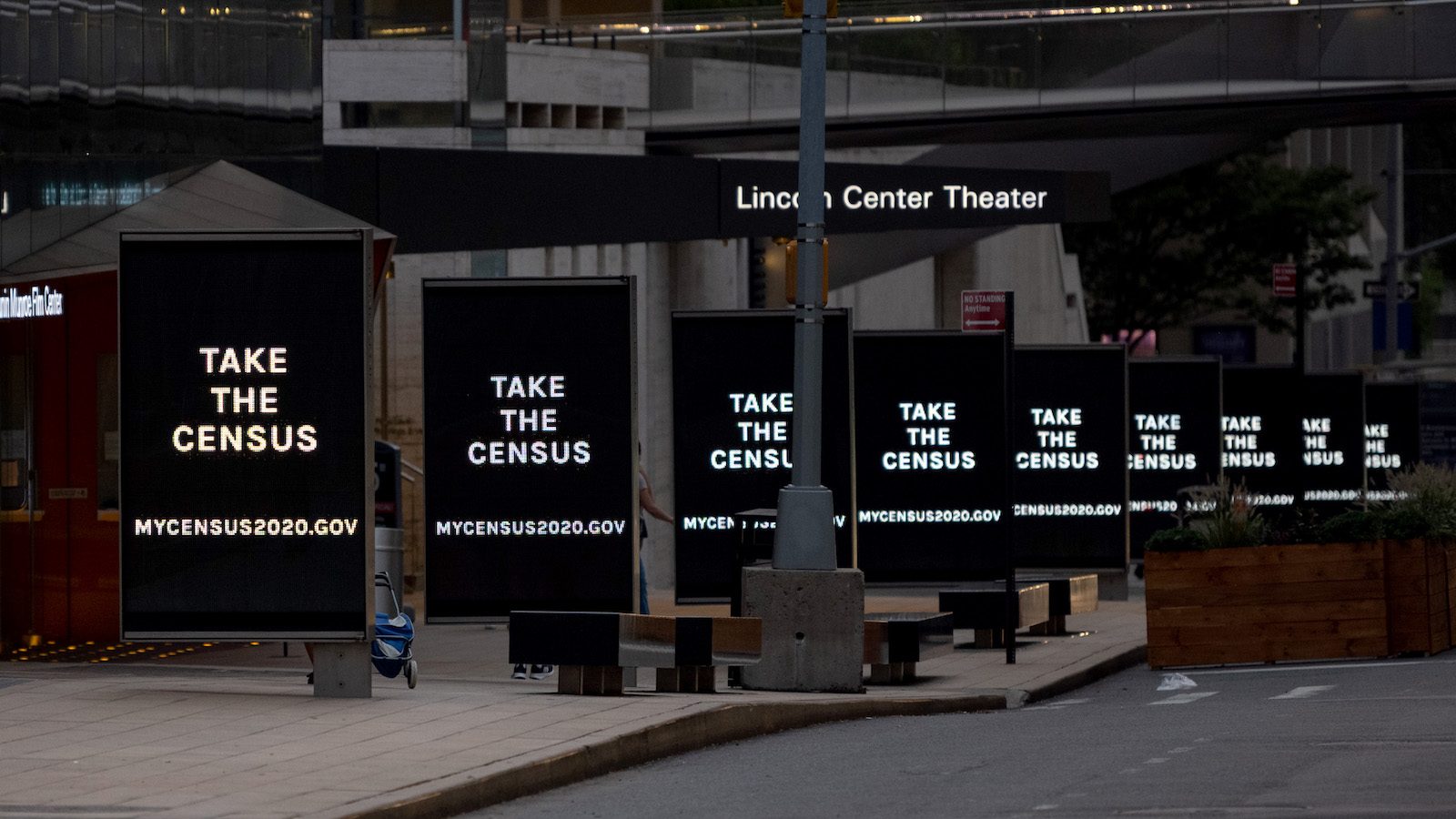[ad_1]
Much of the work of environmental justice – the struggles to clean the air and provide better access to green spaces – is to convince those with political influence that issues that affect ordinary people are important and deserve legislative action.
For better or worse, this action is usually determined by reports and research “brilliant and with the weight of academia and government,” said Lucas Zucker, director of policy and communications at the Central Coast Alliance United for a Sustainable Economy. And arguably, there is no report that guides policy more than the US census.
The census dictates the seats in the United States House of Representatives, the delineation of congressional, state, and local district boundaries, and the amount of funding state governments and local communities receive from the federal government for the next decade. Politicians decide how much attention is paid to issues such as the need for new roads or new schools and how money is invested in communities to mitigate climate change, build resilience and reduce exposure to pollution and to environmental loads. The census even plays a role in how policymakers and Environmental Protection Agency workers try to fairly enforce environmental protections, like the Clean Air Act.
Most recent census data released this week, which showed that the white population of the United States has shrunk over the past decade for the first time in history, should have big implications for one of President Joe Biden’s fundamental policies: Justice40. The initiative aims to ensure that 40% of the “global benefits†of federal investments reach underprivileged communities to combat environmental racism. Communities will be disaggregated by census tract and determined to be “disadvantaged†based on the proximity of the area to environmental burdens, such as pollution and toxic waste, and other indicators of public health and socio-economic status. .
In the coming months, as policymakers scramble to redraw districts based on the data, communities across the country will be divided into different sections, as will their funding, said Pamela Stewart-Martinez, organizer. community with WEACT for Environmental Justice. “The fallout from the census and the redistribution will be felt over the next decade and will have everything to do with solving environmental problems and creating new ones,†she said.
In response to Grist, EPA spokesperson Dominique Joseph said the new data will be vital for the agency’s mapping and tracing tools, which use demographics to identify potential justice issues. environmental.
Census data not only dictates policy, it also helps inform and understand environmental justice issues. Take, for example, the housing crisis. “We already know that people who are exposed to the worst elements of climate change and pollution” – like Forest fires, heat waves and hurricanes – “are the people who live in insecurity,” Zucker said.
Analysis of census data can both identify where these problems may be prevalent and highlight possible solutions. In Los Angeles County, where approximately 66,000 people sleep rough each night, a controversial new rule will soon make it illegal to sleep or lie down in various parks, on sidewalks and on public benches. New census data released Thursday, however, revealed that more than 172,000 homes are empty in the county, more than enough to house everyone. The trend is seen almost everywhere across the country: in total, while there are around 550,000 homeless people, there are over 13.6 million empty homes.
That’s why Stewart-Martinez says it’s crucial that community members understand how powerful census data is – and how many solutions to our problems – lie. “It’s so important that people understand what exactly is going on when it comes to the redistribution,†said Stewart-Martinez. For locally elected positions, where candidates are bound by strict rules about where they can live while performing their duties, the redistribution will change who can and cannot run for certain positions, and subsequently, what questions are heard and respected by politicians.
This does not bode well for people living in communities where environmental justice issues have historically been overlooked, Zucker says: “The people who are most affected are those with the least political power. “
[ad_2]

